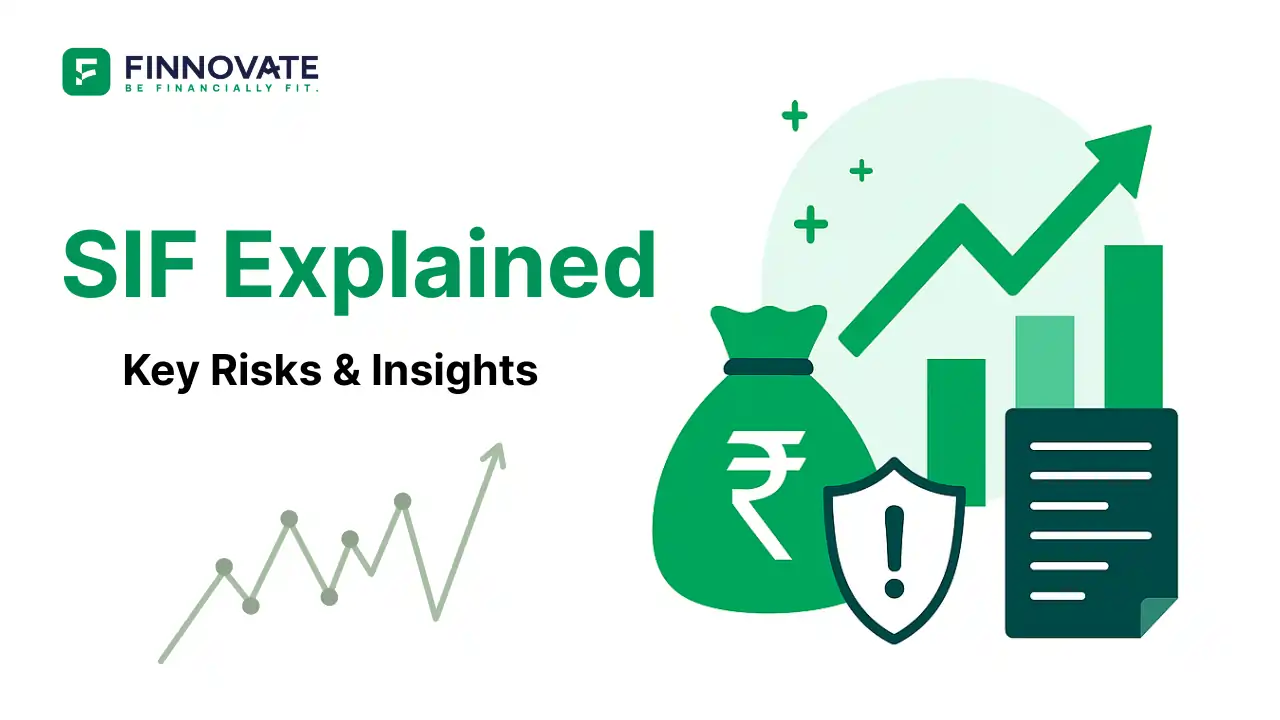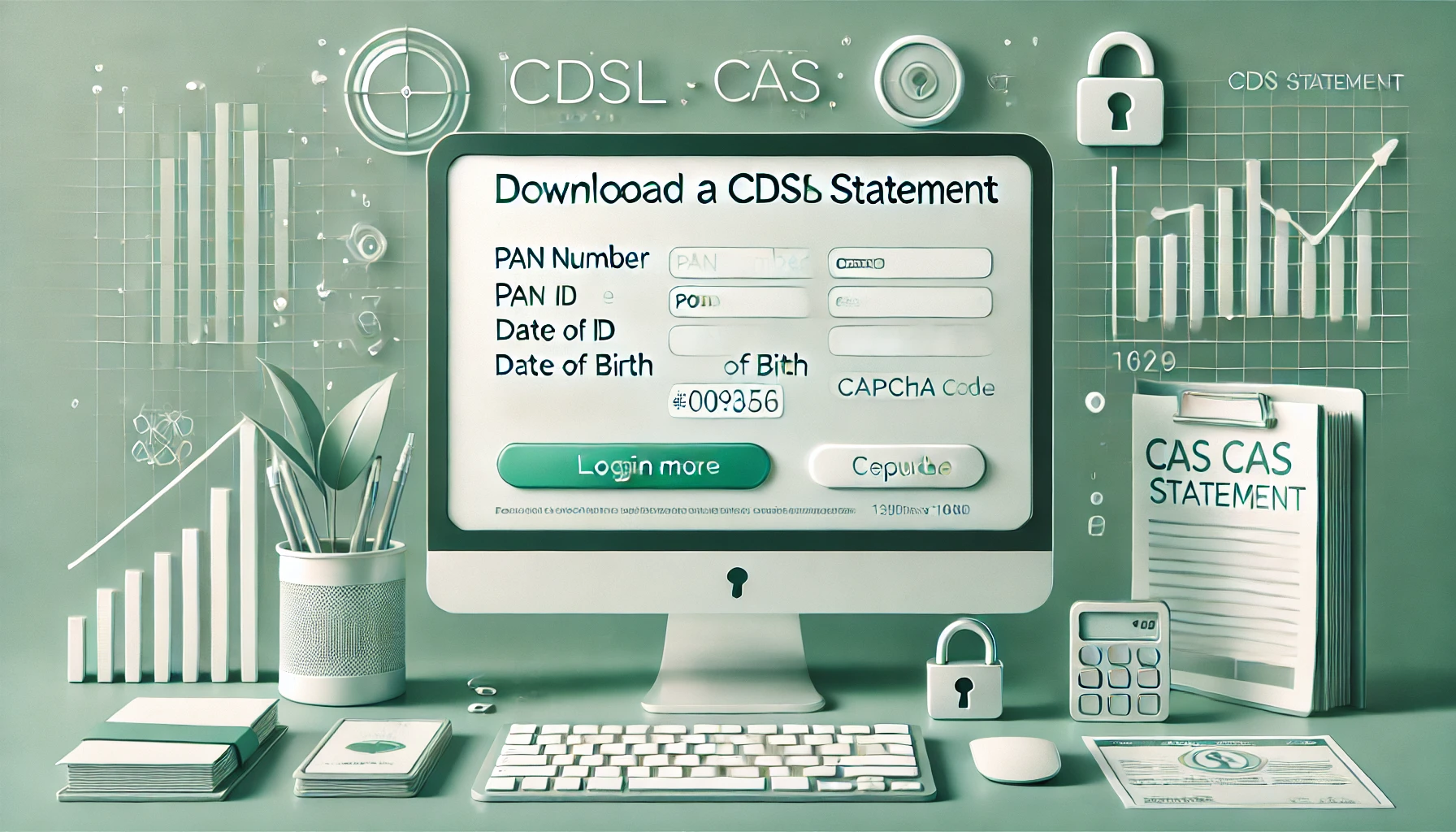
10 Habits That Can Lead You to Financial Freedom
Discover 10 powerful habits that can help you achieve financial freedom - no matter your i...
Warren Buffett retiring from Berkshire Hathaway marks the end of one of the greatest investing eras ever. Most people know him for two things - legendary long-term returns and his iconic shareholder letters. But the real Buffett legacy goes far deeper than charts and quotes. It’s about discipline, philosophy, temperament, and decisions that shaped modern investing.
After nearly six decades of running Berkshire Hathaway, Buffett has handed over the reins to Greg Abel. At 95, he steps back just as his long-time partner Charlie Munger did before his passing in 2023 at age 99.
Berkshire today sits on nearly $382 billion in cash - a deployment puzzle that now lands in Abel’s hands. But before we look ahead, it’s worth revisiting the foundations Buffett leaves behind.
Key takeaway: Buffett’s exit marks the end of an era, but his principles outlive his position.
Buffett is best known for:
The returns made him an icon. The letters made him a teacher.
But these are only the surface. Two lesser-discussed legacies are the real drivers behind everything Buffett built.
Key takeaway: His returns and writings were outcomes - not the core philosophy.
Buffett’s biggest edge was simplicity. He stayed laser-focused on businesses that were:
His famous line captures it perfectly: “Invest in a business so simple, even an idiot can run it.”
This is why he stayed away from the tech boom for decades. He didn’t chase Microsoft, Google, Amazon, or NVIDIA, despite their explosive returns. His late investment in Apple still aligned with his comfort zone - a consumer hardware business with predictable cash flows.
Key takeaway: Buffett’s strength was not picking every winner - it was avoiding businesses outside his circle of competence.
Buffett made mistakes - and that’s precisely what made him great. He exited quickly when his thesis broke.
He never let ego keep him in a bad decision. He cut losses, redeployed capital, and moved on.
That temperament, not stock picking, created the massive long-term CAGR.
Key takeaway: Great investors don’t just find winners - they exit losers fast.
Buffett’s stepping down is symbolic, but his philosophy is timeless. Here are four lessons that matter today more than ever:
As markets shift between AI manias, electric mobility dreams, and policy-driven volatility, Buffett’s philosophy becomes even more relevant. In a world driven by noise, he proved that:
Staying consistent beats staying fashionable.
Greg Abel now carries the responsibility of deploying Berkshire’s massive cash pile. But the roadmap Buffett left behind - simplicity, discipline, and rationality - continues to guide not just Berkshire, but millions of investors globally.
Key takeaway: Buffett’s legacy is not numbers - it’s mindset.
At 95, he has decided to take a reduced role while Greg Abel takes over operational leadership.
Berkshire delivered nearly twice the returns of the S&P 500 over 60 years - one of history’s most successful compounding stories.
They simplify complex financial ideas and provide timeless investment wisdom.
They were outside his circle of competence. He preferred simple, predictable businesses.
Follow discipline, be patient, avoid speculation, and focus on high-quality businesses.
Disclaimer: This article is for informational and educational purposes only and does not constitute investment advice.
Finnovate is a SEBI-registered financial planning firm that helps professionals bring structure and purpose to their money. Over 3,500+ families have trusted our disciplined process to plan their goals - safely, surely, and swiftly.
Our team constantly tracks market trends, policy changes, and investment opportunities like the ones featured in this Weekly Capsule - to help you make informed, confident financial decisions.
Learn more about our approach and how we work with you:
Popular now

Learn how to easily download your NSDL CAS Statement in PDF format with our step-by-step g...

Explore what Specialised Investment Funds (SIFs) are, their benefits, taxation, minimum in...

Learn How to Download Your CDSL CAS Statement with our step-by-step guide. Easy instructio...

Looking for the best financial freedom books? Here’s a handpicked 2026 reading list with...